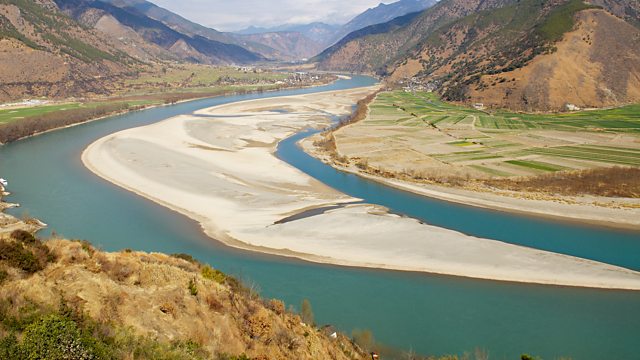Wetlands under attack
The invasive grass taking over China’s coastal wetlands. Also, making a spike protein, how online hate is silencing pandemic scientists, and mapping Chornobyl.
Since its introduction four decades ago, Spartina alterniflora, a salt-water cordgrass from the USA, has been spreading along China’s coasts. Today, it covers nearly half of the country’s salt marshes. As the UN Biodiversity Conference COP 15 kicks off in China, we look at how this invasive plant species threatens native species in protected coastal wetlands. Featuring Yuan Lin, East China Normal University, and Qiang He, Fudan University.
In January 2020, Barney Graham and Jason McLellan teamed up to engineer a coronavirus spike protein that now powers the COVID-19 vaccines for Moderna, Pfizer, Johnson & Johnson and Novavax. They discuss their work, a next-generation vaccine using chicken eggs, and the future of pandemic preparedness.
Also, a recent Nature survey reveals the extent of abuse against scientists who speak about COVID-19 publicly. Deepti Gurdasani, Queen Mary University of London, shares her experiences of trolling and online abuse and discusses the implications for academia and scientific discourse going forward.
And Tom Scott explains how his team uses novel robots and sensors to go into and create 3D digital radiation maps of the Chornobyl Nuclear Power Plant and surrounding areas.
(Credit: Getty Images)
Presenter: Roland Pease
Producer: Samara Linton
Last on
More episodes
Broadcasts
- Thu 14 Oct 2021 19:32GMT���˿��� World Service
- Fri 15 Oct 2021 03:32GMT���˿��� World Service Australasia, South Asia & East Asia only
- Fri 15 Oct 2021 04:32GMT���˿��� World Service Americas and the Caribbean
- Fri 15 Oct 2021 08:32GMT���˿��� World Service
- Fri 15 Oct 2021 12:32GMT���˿��� World Service Australasia, Online, UK DAB/Freeview, News Internet & Europe and the Middle East only
- Sun 17 Oct 2021 01:32GMT���˿��� World Service Americas and the Caribbean & News Internet only
Podcast
-
![]()
Science In Action
The ���˿��� brings you all the week's science news.


